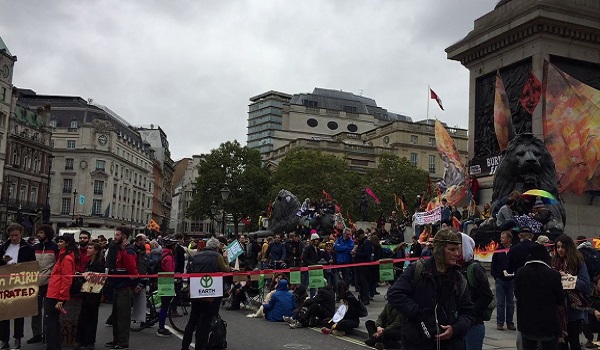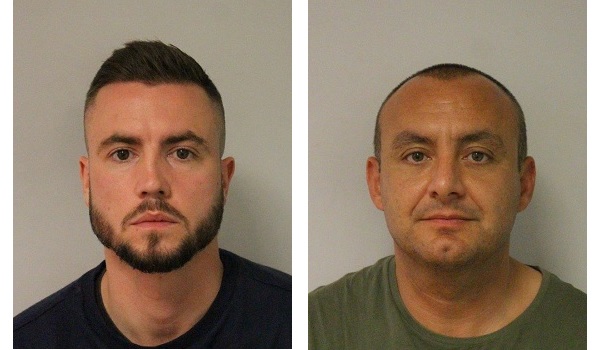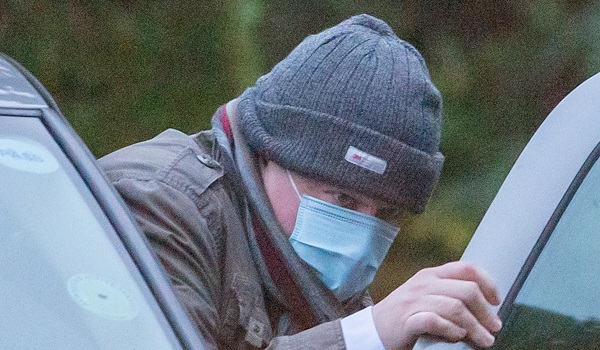MPS faces compensation claims after High Court rules in favour of climate change protesters
The Metropolitan Police Service (MPS) could face hundreds of legal claims for false imprisonment following the High Court’s decision to rule its ban on climate change protests unlawful.
The force imposed a blanket ban across London last month, prohibiting any assembly of more than two people linked to Extinction Rebellion’s (XR) Autumn Uprising action, but two senior judges ruled on Wednesday (November 6) that the decision to impose the ban, made under Section 14 of the Public Order Act, was against the law.
In ten days of protests to call for action on climate change and wildlife losses, which started on October 7, XR activists shut down areas around Parliament and the Bank of England and targeted London City Airport and numerous Government departments.
The MPS initially used Section 14 of the Public Order Act to restrict the protest action to Trafalgar Square, but following “continued breaches” of the order officers moved in to clear the area. Around 1,828 people were arrested during the protests, and more than 150 were charged with offences.
Announcing their judgment in London, Lord Justice Dingemans and Mr Justice Chamberlain said the MPS had no power to impose the ban because the Act does not cover “separate assemblies”.
Lord Justice Dingemans said: “Separate gatherings, separated both in time and by many miles, even if coordinated under the umbrella of one body, are not a public assembly within the meaning of… the Act.
“The Extinction Rebellion Autumn Uprising intended to be held from October 14 to 19 was not therefore a public assembly… therefore the decision to impose the condition was unlawful because there was no power to impose it under… the Act.”
However, the judges noted there are powers within the Act which may be used lawfully to “control future protests which are deliberately designed to ‘take police resources to breaking point’” – one of Extinction Rebellion’s stated aims.
Jules Carey, a solicitor from Bindmans Solicitors, the firm that represented Extinction Rebellion in its legal action, said: “The ban on the XR protest was hastily imposed, erratically applied and has now been unequivocally declared unlawful by the High Court. The police have powers to impose conditions to manage protests but not to ban them.
“This judgment is a timely reminder to those in authority facing a climate of dissent – the right to protest is a long standing fundamental right in a democratic society that should be guarded and not prohibited by overzealous policing.”
MPS Assistant Commissioner Nick Ephgrave said the decision was “not taken lightly” and came after more than a week of disruption to communities across the capital. He said the various protests coordinated by XR created “unacceptable and prolonged disruption to Londoners” and the force believes the decision to impose the condition was “both reasonable and proportionate”.
Mr Ephgrave said: “I want to be clear – we would not and cannot ban protest. The condition at the centre of this ruling was specific to this particular protest, in the particular circumstances at the time.
He added: “There is no criticism from me of the decision to impose the condition, which was made with good intent and based upon the circumstances confronting the command team at the time. It did in fact result in the reduction of the disruption. Nevertheless, this case highlights that policing demonstrations like these, within the existing legal framework, can be challenging.”
The MPS said it will “carefully consider” the ruling.







